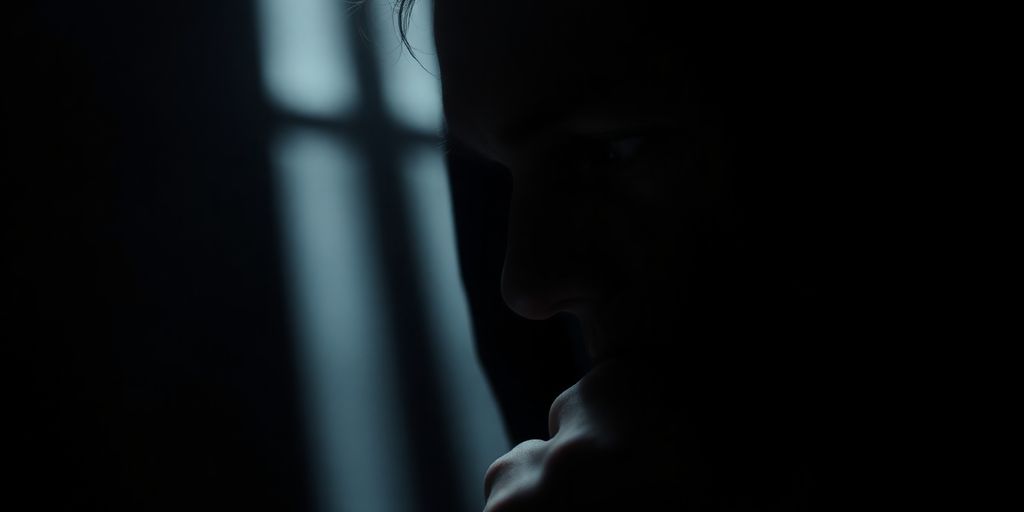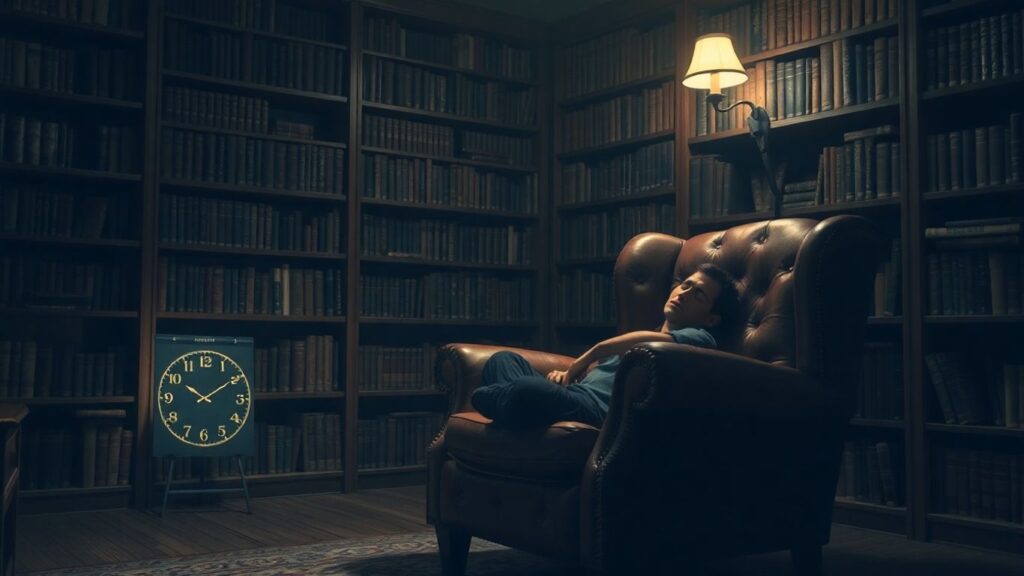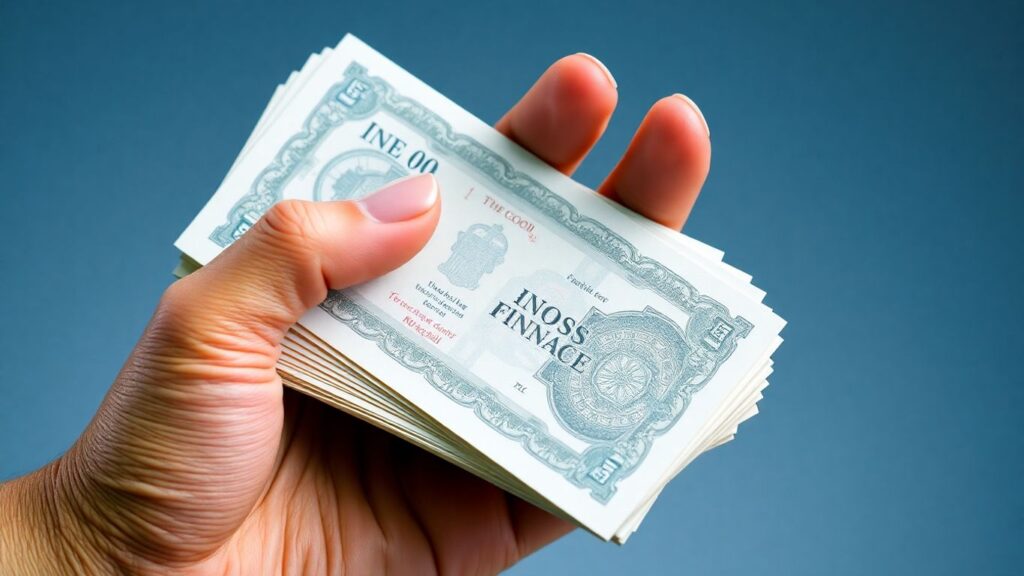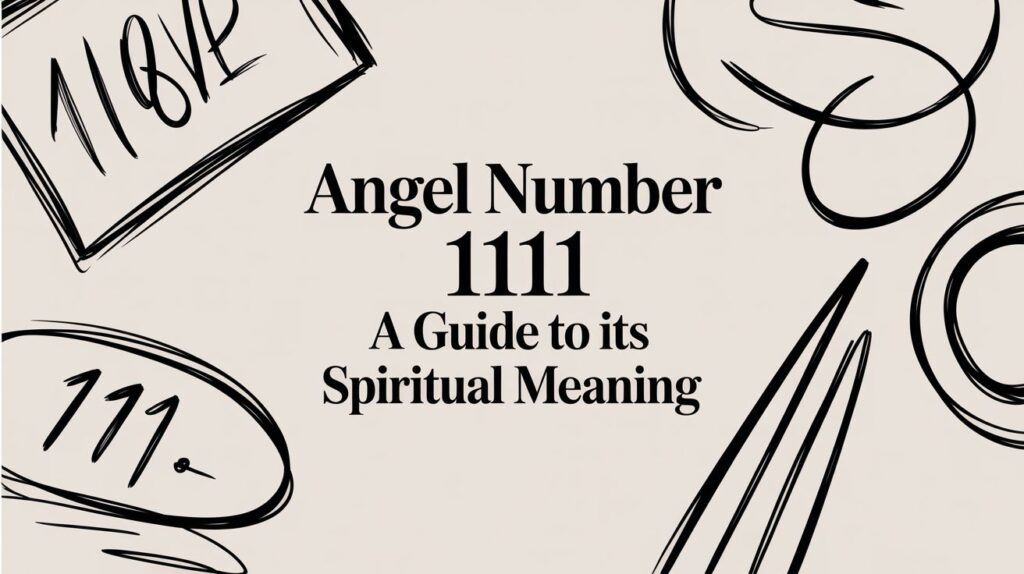You’d Be Surprised How Evil You (Probably) Are – A Thought Experiment That Will Change How You Think

In this thought-provoking exploration, we dive into the philosophical questions raised by Jean-Jacques Rousseau about the nature of humanity. Are we inherently good or bad? Is progress truly beneficial? This article challenges our perceptions of morality and civilization, urging us to reflect on our own nature.
Key Takeaways
- Humanity’s nature is debated: good, bad, or neither?
- Rousseau’s view contrasts with Hobbes on human nature.
- The impact of civilization on morality and self-perception.
- The complexity of human behavior and societal structures.
The State Of Early Humanity
Imagine being one of the earliest humans, living in a small group with strong bonds. Your life revolves around basic needs: food, water, and survival. There are no laws or governments, just a simple existence. This thought experiment raises questions about happiness and satisfaction in such a life compared to our modern world.
Rousseau’s Perspective
Rousseau, an 18th-century philosopher, believed that humanity was better off before civilization. He argued that civilization corrupts our natural goodness, leading to pride and greed. He described this as Amor-propre, a self-love that drives competition and comparison among individuals. In contrast, he believed in a more natural self-love that promotes survival and well-being without harming others.
The Corruption Of Civilization
Rousseau claimed that as societies developed, they introduced class differences and power dynamics that eroded our morality. He suggested that the more civilized we become, the more we lose touch with our innate goodness. This leads to a society where individuals constantly compare themselves to others, creating a cycle of dissatisfaction and moral decay.
The Social Contract
In his influential work, The Social Contract, Rousseau proposed that society should be governed by the collective will of its people, rather than a monarch. He believed that humans are fundamentally good and that a cooperative society could thrive if individuals set aside their personal interests for the common good. However, this raises questions about how such a system could function in larger, more complex societies.
The Debate With Hobbes
Rousseau’s views stand in stark contrast to those of Thomas Hobbes, who saw humanity as inherently bad. Hobbes believed that without a governing authority, life would be chaotic and violent. He argued that individuals must relinquish some freedoms to a central power to maintain order. This debate highlights the complexity of human nature and the challenges of creating a just society.
The Complexity Of Human Nature
Ultimately, the question of whether humans are good or bad remains unresolved. Both Rousseau and Hobbes offer compelling arguments, but neither can claim absolute truth. Human behavior is influenced by countless factors, making it difficult to categorize our nature definitively.
Conclusion
As we reflect on these philosophical ideas, it’s clear that understanding our nature requires looking at our history and the structures we’ve built. We are powerful beings capable of both good and evil. The journey of humanity is marked by complexity, and our progress, while not always positive, is undeniably profound. In the end, we must recognize that the line between good and evil exists within each of us, shaped by our experiences and choices.








Responses